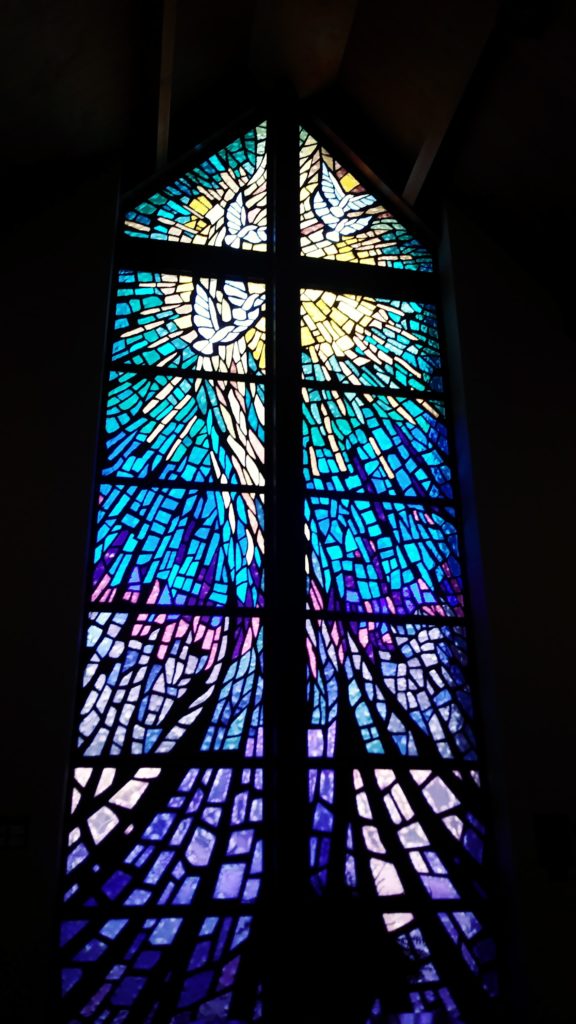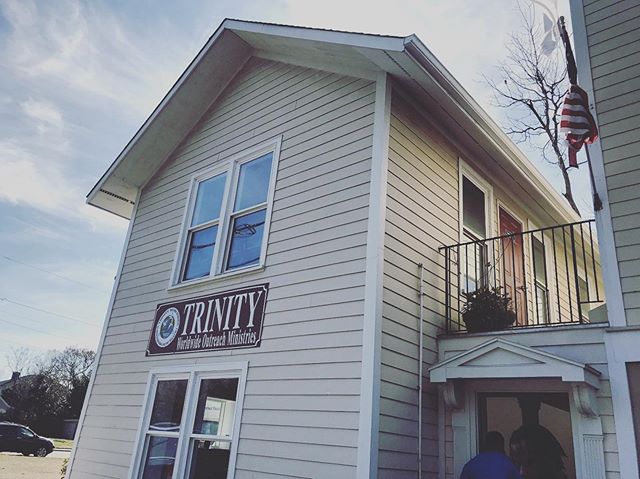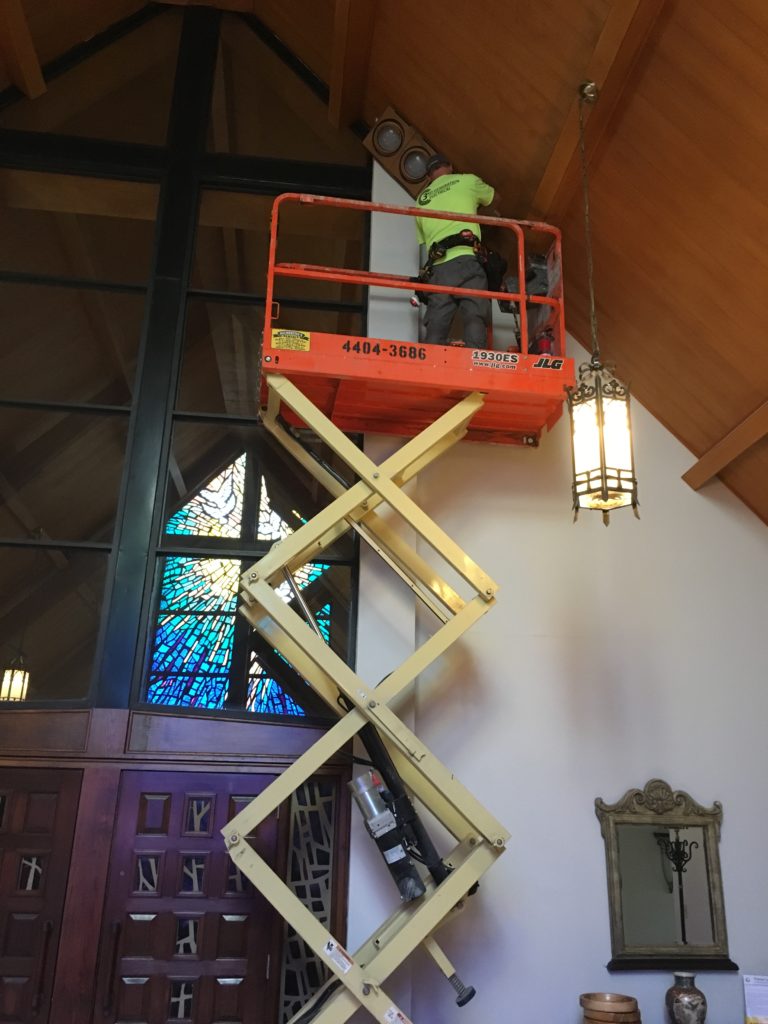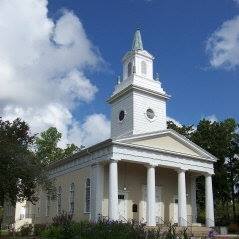Congratulations to Forest Lake Presbyterian Church in Columbia, St. Thaddeus Episcopal in Aiken, and Trinity Worldwide Outreach Ministries in Charleston, for successfully completing our second Congregational Energy Efficiency Challenge Program! Energy efficiency improvements were funded by small grants from SCIPL. The time and work of congregation members will result in significant savings and the opportunity to reinvest this money to further missions within the community. Not only are congregations saving significant money, but this program has inspired them to commit to taking bigger steps in earth care. For instance, St. Thaddeus made the significant commitment to become carbon neutral by 2030 and carbon zero by 2050!

SCIPL’s Congregational Energy Efficiency Challenge Program began in 2018 with a focus on serving lower income, vulnerable communities. Projected lifetime savings from the upgrades completed in 2018 totaled $33,000 and 300,000 kWh. Projected savings for our 2019 projects grew to $213,409 and 2,206,264 kWh!
The grants are funded by South Carolina’s State Energy Office, and we appreciate the support for this program!
Forest Lake Presbyterian Church purchased and installed LED bulbs in their sanctuary, narthex and in other locations throughout the church. An electrician installed only the bulbs that required a hydraulic lift, and staff installed the others, saving the church quite a bit of money on labor.
Ellen Skidmore, Senior Pastor, Forest Lake Presbyterian Church shared, “Congregations should make it a priority to both model earth care and to challenge their members and guests to live out their care of the earth in practical ways. Our increased use of LED bulbs models what we hope our members and guests will also do. We want to model care of earth in lots of ways so that we set a good example for our members as well as for other congregations. We are so grateful for SCIPL’s help in this mission!”

Trinity Worldwide Outreach Ministries 
Getting it done!
SCIPL partnered with The Sustainability Institute in Charleston to work with Trinity Worldwide Ministries to do simple safety and energy efficiency upgrades in three buildings, which included adding smoke detectors, adding carbon monoxide detectors and replacing light bulbs with current conventional light bulbs.
Trinity Worldwide Outreach Ministries is already seeing actual results, with Bryan Cordell, Executive Director of the Sustainability Institute reporting, “We believe that the performance of the buildings has greatly improved as a result of the retrofit project and anticipate that significant energy savings will result over the next year. In reviewing utility bills from April 2018 and April 2019, there has been a 62% decrease in kWh used in our sanctuary and office buildings, and a 55% decrease in cost.”

Tad Whiteside with St. Thaddeus Episcopal shared, “We expect this project will directly benefit the congregation by saving energy (72 MWH annually) and lowering our energy costs ($8330 annually). As a further direct benefit, we reduce our annual CO2 emissions by 6.5 tons. As an indirect benefit of undertaking this project, we plan to use the savings realized and the congregational engagement created, to use this project as a springboard for a new “creation care” ministry. The focus of this ministry will be to help transition St. Thaddeus and residents of the Aiken community (especially those in the most need) to being carbon-neutral by 2030 and carbon-zero by 2050. We also intend to promote this ministry and project to other churches in our area and Diocese to help set them on a path to carbon-neutrality so they can become leaders in their own communities.”
These projects demonstrated the relative ease of making energy efficiency changes, and congregation members learned about the financial rewards of conserving energy. These goals align with SCIPL’s Earth Care Covenant that congregations are invited to sign. The covenant includes the option to commit to “educate our congregation and community concerning energy efficiency and conservation, renewable energy, materials efficiency and water quality.
Be sure to join the SCIPL email list to receive information on the next Congregational Energy Efficiency Challenge!
Leave a Reply